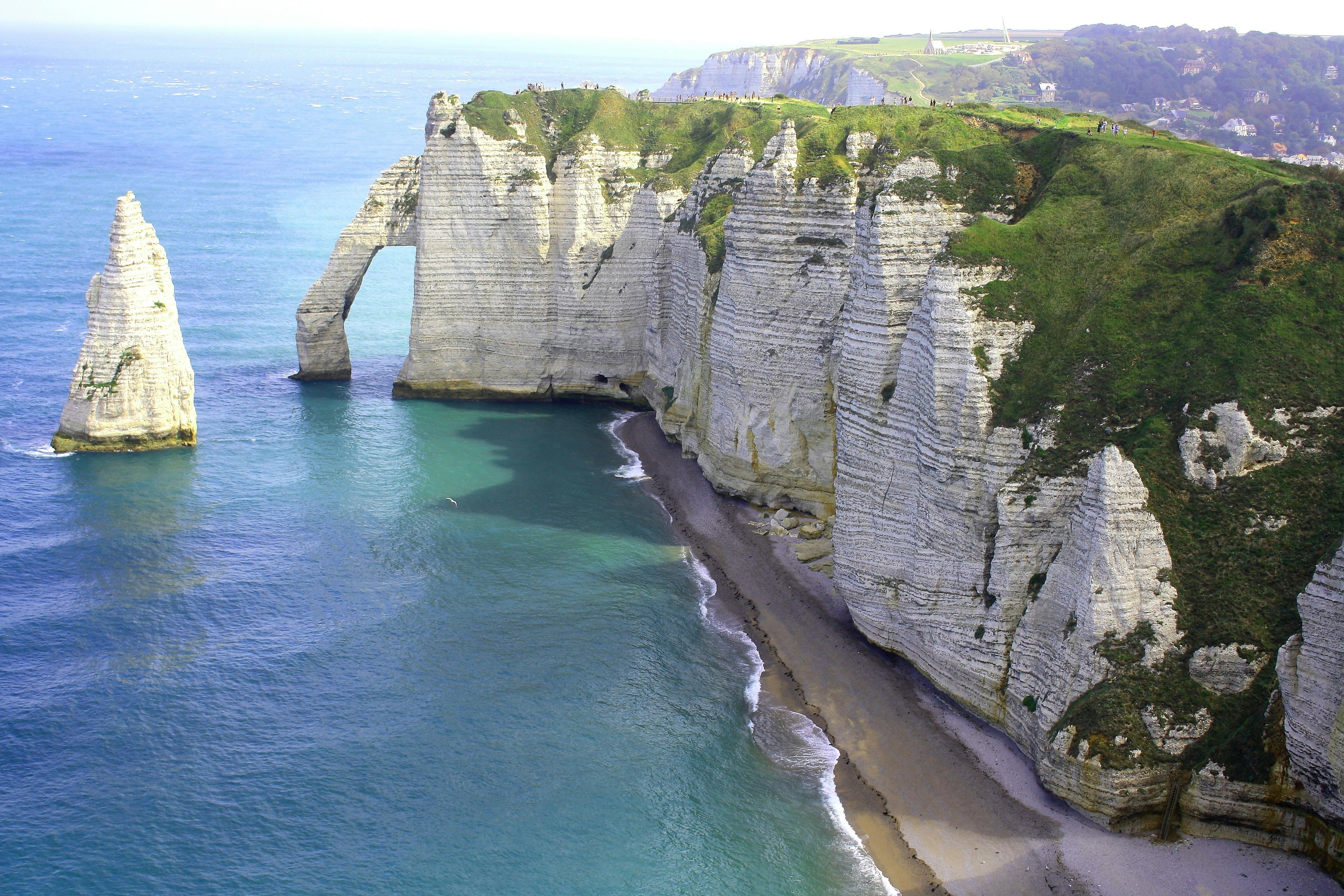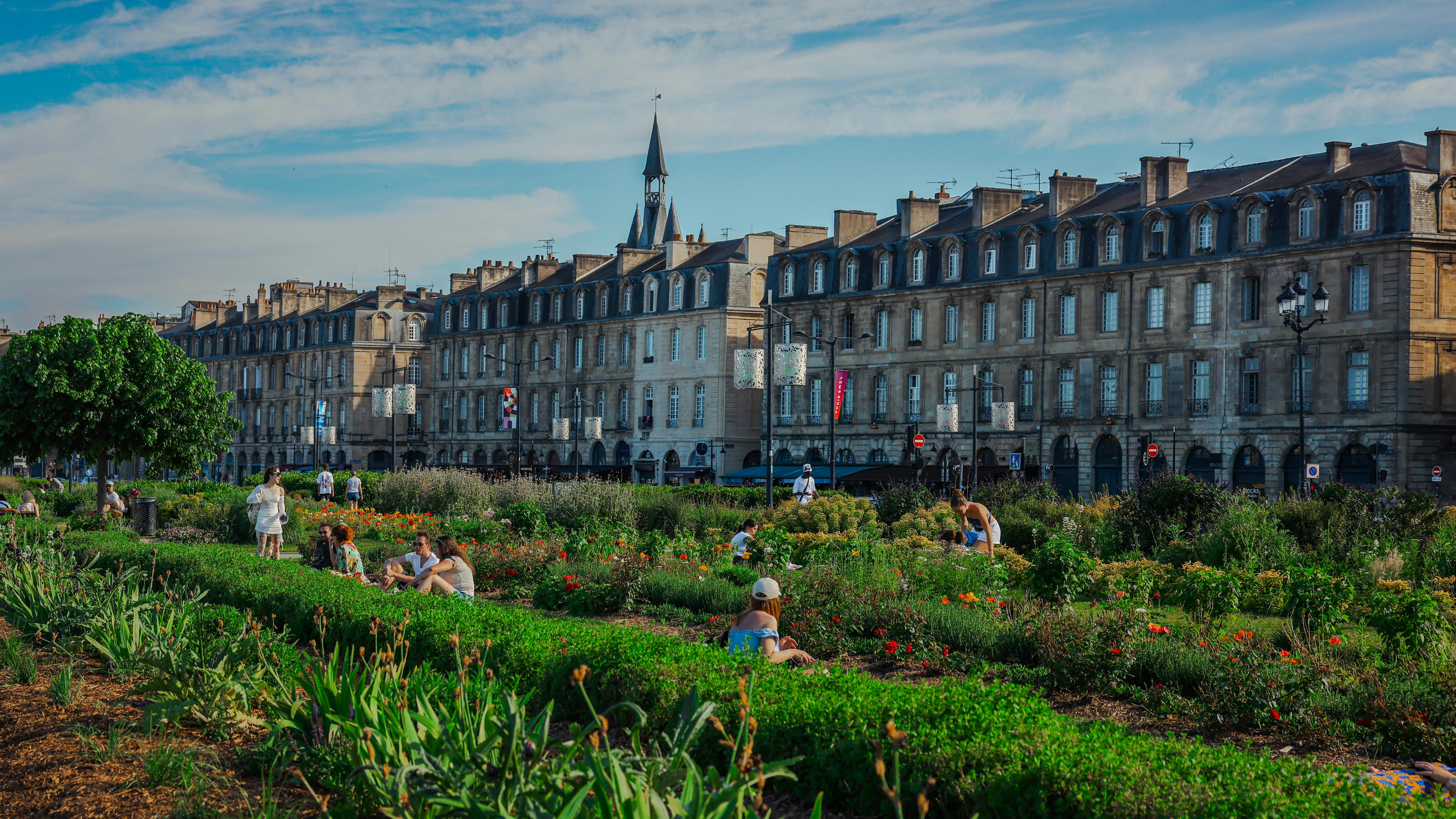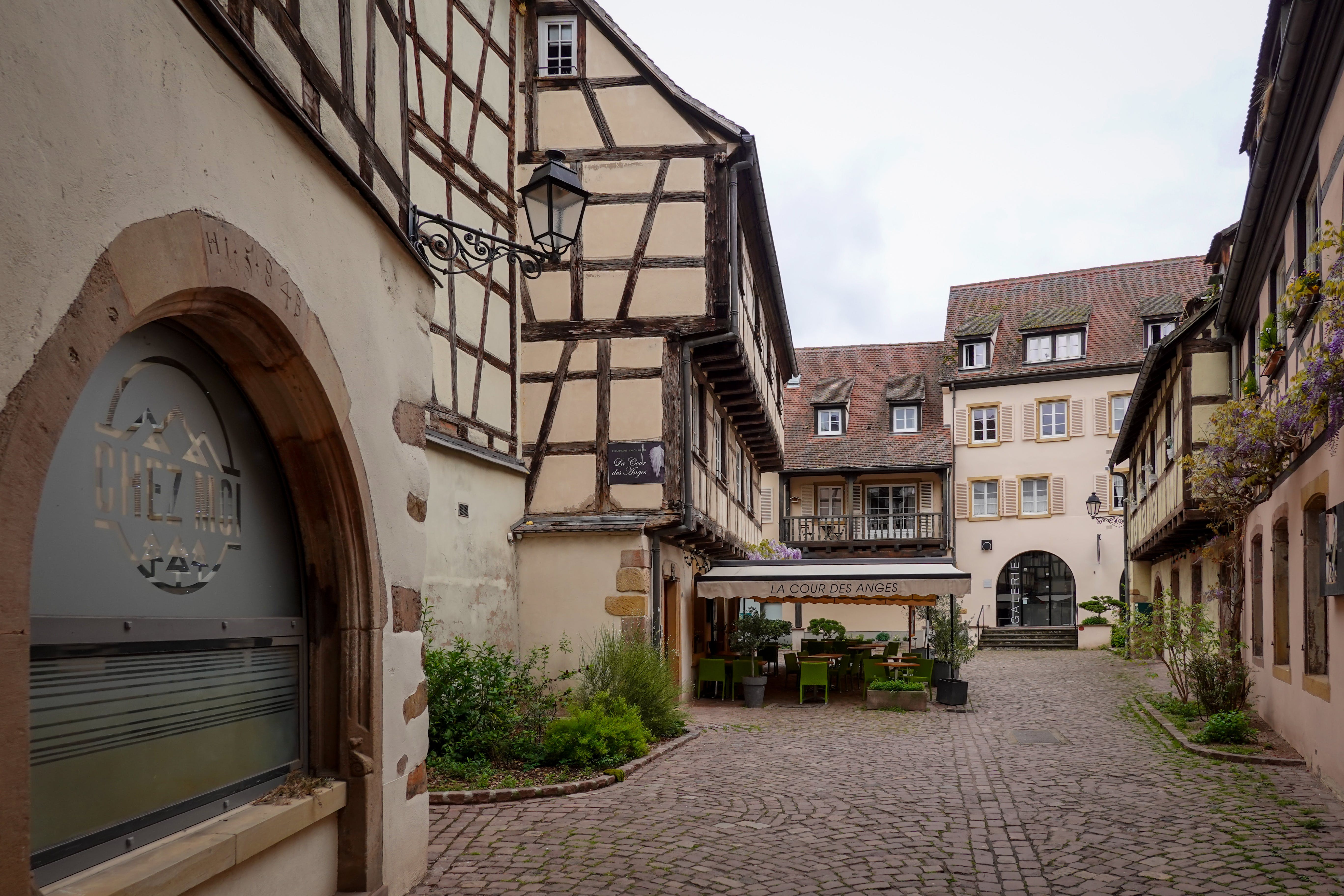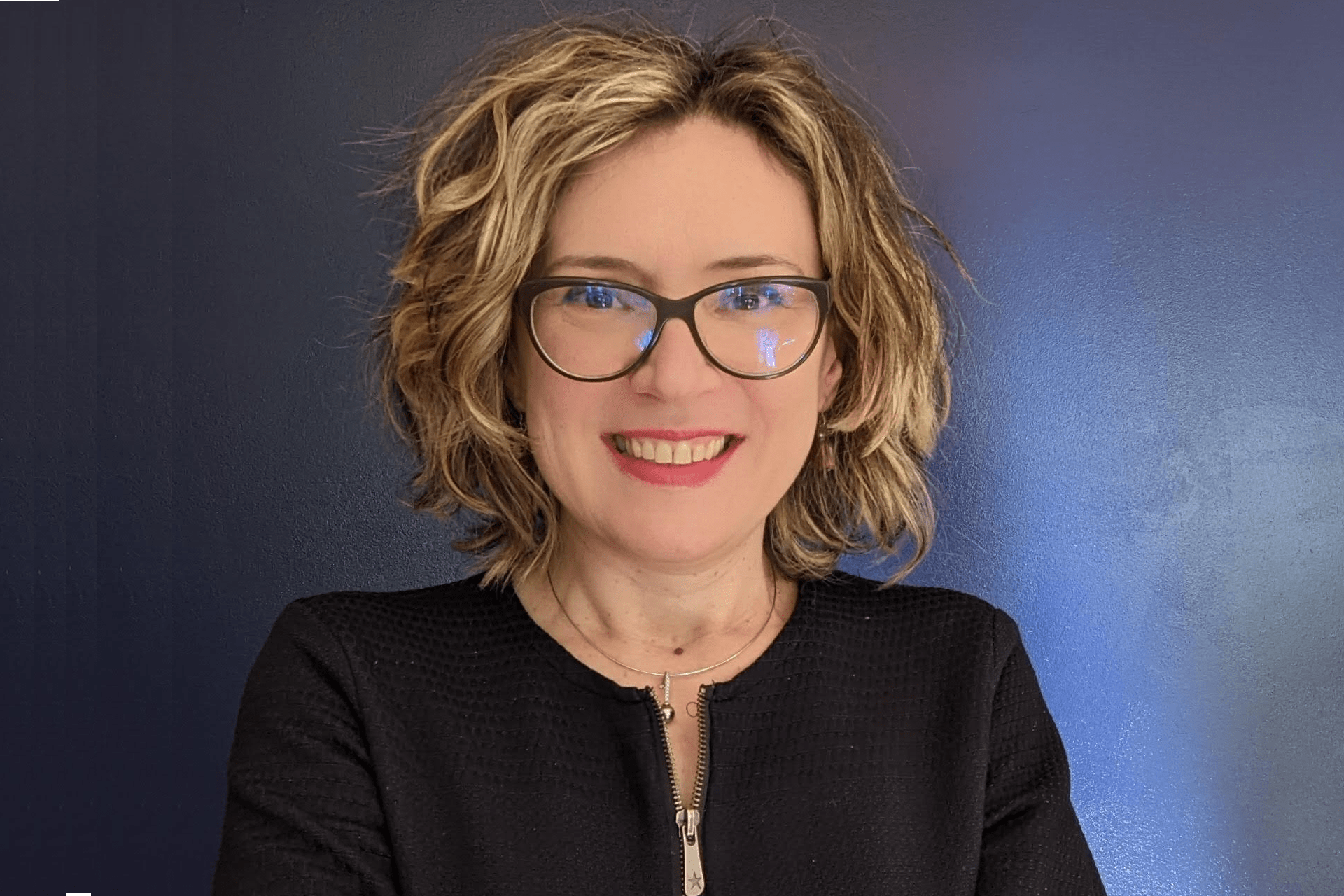
Retire in France and enjoy world-class healthcare, charming villages, and exceptional quality of life. Last year, Forbes ranked France as one of the top ten retirement destinations. For American retirees, this dream is achievable with proper planning.
Our Paris-based agency specializes in helping US retirees with French retirement visas, healthcare enrollment, and settling in. Here are the four essential steps.
Your location shapes your entire retirement experience. Each region offers distinct advantages for American retirees.
Provence consistently ranks among the best places to retire in France. You’ll enjoy 300 days of sunshine annually, proximity to the French Riviera, and iconic lavender fields. Aix-en-Provence offers Michelin-starred restaurants and daily markets with fresh produce, cheeses, and local wines. The Mediterranean climate means mild winters (10-15°C) and warm summers.

Retire in France surrounded by Provence’s iconic lavender fields. Photo by Alexey Fedenkov.
Best for: Retirees seeking sunshine, good food, and proximity to Italy and Spain.
Brittany and Normandy appeal to retirees seeking coastal beauty and Celtic traditions. You’ll find dramatic coastlines, mild summers, and excellent seafood—fresh oysters, scallops, and lobster from fishing villages. The climate resembles the Pacific Northwest—temperate, green, and good for coastal walks. The region has unique festivals and active expat communities.

Coastal beauty and affordability make Normandy ideal to retire in France. Photo by Pixabay
Best for: Retirees prioritizing nature, seafood, and English-speaking expat networks.
Bordeaux offers more than vineyards. The region provides high-speed TGV train access to Paris (2 hours), Toulouse (2 hours), and connections throughout Europe. Wine tourism, restaurants, opera, and cultural offerings make this suitable for active retirees. The Atlantic-influenced climate is warmer than northern France.

The elegant architecture and riverside gardens of Bordeaux. Photo by: TBD Traveller
Best for: Wine enthusiasts who want culture, train connections, and moderate climate.
Small villages throughout France offer peaceful retirement living. In regions like Dordogne, Lot, or Limousin, you’ll find weekly markets brimming with local produce and a close-knit community atmosphere. These areas offer true tranquility with starry skies and a genuinely relaxed pace of life.

Retire in France’s charming villages for tranquility and authentic living. Photo by Magda Ehlers
Best for: Retirees seeking tranquility, village life, and affordability.
Can Americans retire in France? Absolutely. The visa process depends on your personal situation.
Most American retirees need a long-stay visitor’s visa. Our specialty is handling US retirement visa applications. We’ve successfully completed French retirement visa applications for American clients.
Requirements:
– Proof of sufficient income or savings (equivalent to France’s minimum yearly income)
– Private health insurance covering your first year in France
– Proof of accommodation in France
– Completed application forms with supporting documents
Timeline: The process typically takes 2-3 months from application to approval. Start your application 4-6 months before your planned move.
Our team handles: Forms preparation, translation, scheduling your appointment at a visa center and follow-up with French consulate. We ensure your application is complete and compliant, minimizing delays or rejections.
If you hold an EU passport, you’re already set. Your passport serves as your residence permit—no visa needed.
If you’re married to an EU citizen, you will need to apply for your own residence permit once you arrive in France.
Need help with your French visa? Our bilingual team specializes in retirement relocation from the US. Contact us for a free consultation. Please note that by submitting this form, you consent to The French Way processing your personal data to respond to your inquiry. See our Privacy Policy for details.
France’s healthcare system consistently ranks among the world’s best—and it’s remarkably affordable compared to US healthcare costs.

It takes some time to be accepted into the French healthcare system. Photo by Gustavo Fring
First Year: Private Health Insurance Required
During your first year in France, you’ll need private “expat” or “global” health insurance. This is a visa requirement. Recommended providers for US retirees include ACS, Allianz, April, AXA, and BUPA. Cost: Expect €150-400/month depending on age, coverage level, and pre-existing conditions.
French Social Security (PUMA)
After 3 months of stable residence, every legal resident can apply for Protection Universelle Maladie (PUMA)—France’s universal healthcare system. The government covers 70-100% of most costs.
Once enrolled, doctor visits cost €30-50 upfront, then you’re reimbursed 70%. So a €30 visit costs you €9 after reimbursement.
Top-Up Insurance (Mutuelle)
Most French residents add “mutuelle” supplemental insurance to cover the remaining 30% and extras like dental, optical, and private hospital rooms. Cost: €50-150/month.
Need Help with French Healthcare Enrollment?
Our bilingual team handles the entire healthcare enrollment process for American retirees—CPAM registration, Carte Vitale application, and mutuelle selection. We manage the paperwork and follow-up so you don’t have to. Contact us for a free consultation: yuval@thefrenchway.eu
Can you retire in France without speaking French? In Paris, you might manage initially with English. But learning French dramatically improves your quality of life, especially in smaller towns and rural areas where English is limited.
Start learning before you arrive. We offer online French courses with Miona Lemaître, our in-house French teacher. Miona has studied at Belgrade University, the Sorbonne, and the State University of New Jersey, and offers courses for all levels. Her classes focus on practical vocabulary: navigating healthcare, shopping at markets, dealing with utilities, and basic conversation.
Most French municipalities offer affordable or free French classes (€100-200/year) where you’ll meet other expats and locals. Contact your local mairie (city hall) for schedules and enrollment.

Miona Lemaître, Our in-house French Teacher
As a US citizen, you’ll file taxes in both countries, but the US-France tax treaty prevents double taxation. We provide our clients with referrals to two US-France tax specialists.
You’ll need a French bank account for rent, utilities, and daily expenses. Most banks require proof of address and residence permit. We help retirees open accounts with English-speaking advisors at CCF (previously HSBC).
Before committing to your move, consider a scouting trip to explore regions and test the lifestyle. Find out here whether you need travel authorization before you visit.
Retiring to France offers quality healthcare, rich culture, and a different pace of life. With proper planning and guidance, it’s an achievable goal.
The French Way specializes in retirement relocation for US citizens. We manage every aspect of your retirement relocation to France:
– French retirement visa applications and documentation
– Healthcare enrollment (PUMA and Carte Vitale)
– Bank account setup
– Utility connections
– French language resources
– Ongoing support after you arrive
Ready to take the next step? Contact our relocation specialists today:
Email: yuval@thefrenchway.eu
Or fill out our contact form below.
The French Way is a relocation and expat support agency located in Paris helping expats to make the most out of their relocation to France at any stage of their life. Contact us today and we'll be happy to help!
Contact us today